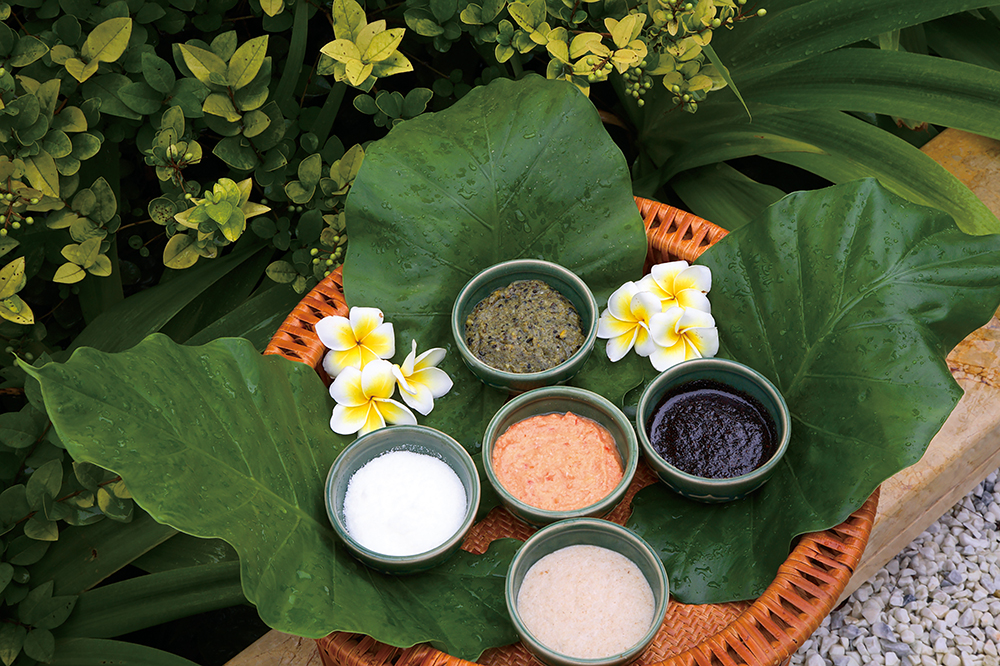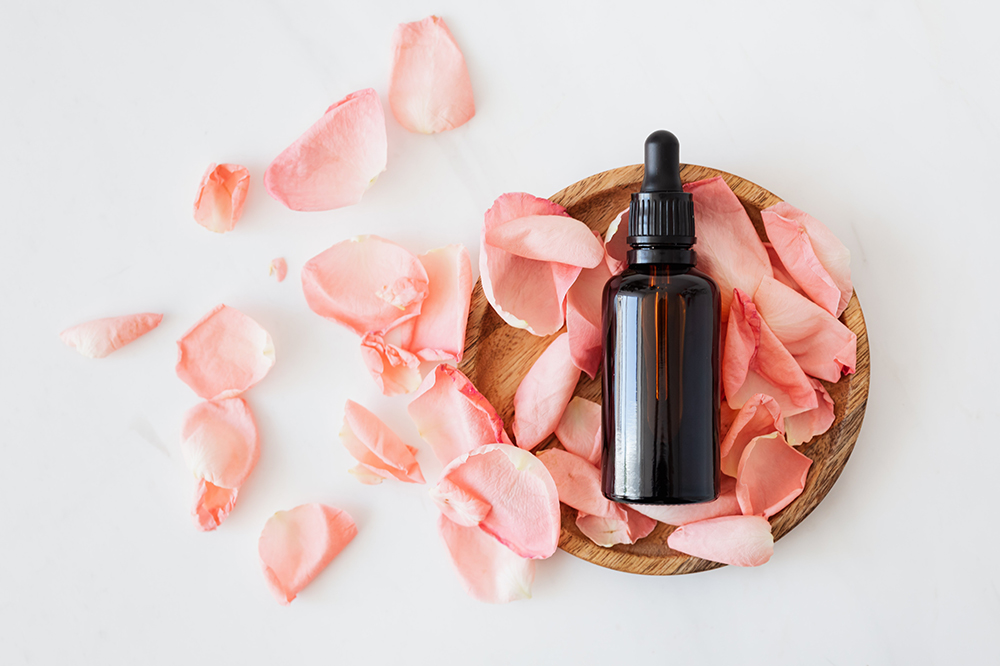The production of flavors and fragrances relies on precise filtration to ensure purity, clarity, and product stability. The filtration process is divided into several stages, each designed to meet specific quality requirements.
Coarse Filtration: Removing Large Particles
The first step is to eliminate large particles such as plant fibers, resin, and debris, which occur after extraction or distillation. Coarse filtration is typically done with mesh filters or 30–50 μm filter papers, removing only larger impurities and refining the extract for further stages.
Medium Filtration: Reducing Turbidity
Medium filtration removes smaller suspended solids that cause turbidity or cloudiness. This step uses 10–20 μm filter papers or plate and frame filters, ensuring a clearer product. It also helps reduce the load on finer filters in subsequent stages, promoting smoother filtration.
Fine Filtration: Enhancing Clarity and Purity
Fine filtration targets micro-particles for enhanced clarity and purity. This stage employs 1–5 μm filter papers or activated carbon filters to remove color impurities and odors that could affect the fragrance or appearance of the product. Activated carbon helps absorb volatile compounds, preserving the fragrance profile.
Sterile-Grade Filtration: Ensuring Microbial Safety
Sterile filtration, using filters with pore sizes of 0.2–0.45 μm, is the final step before packaging. It removes bacteria, mold, and other microbial contaminants, ensuring product safety and extending shelf life. This step is particularly important for high-end or export-grade products.
Common Filtration Challenges
Several issues can arise during filtration:
• Solvent Compatibility: Filters must be resistant to solvents to prevent degradation and contamination.
• Microbial Contamination: Maintaining sterility is crucial for products intended for long-term storage or export.
Liquid filtration methods to meet low metal ion requirements
Great Wall Filtration has developed the SCC Series filter plate, a diatomaceous earth–free solution designed to prevent product discoloration. It is ideal for filtration processes requiring a low metal ion precipitation rate.
Great Wall Filtration Products
Great Wall Filtration provides a wide range of filter sheets tailored to meet the diverse needs of flavor and fragrance manufacturers:
For Viscous Liquids: High-purity fiber materials ensure minimal impact on filtrate, reduce replacement costs, and offer a large flux while maintaining filtration accuracy.
• High Absorption Filters: Low-density, high-porosity filters with strong absorption capacity, ideal for primary filtration of liquids.
• Precoat & Support Filters: Washable and reusable, these support filters are used in pre-coating filtration, offering stability and efficiency.
• High Purity Cellulose Filters: These filters are ideal for acidic or alkaline environments, maintaining the color and aroma of filtered liquids.
• Depth Filter Sheets: Designed for high filtration difficulty, these filters are particularly effective for liquids with high viscosity, solid content, and microbial contamination.
Conclusion
Great Wall Filtration offers a variety of high-performance filter sheets designed for diverse challenges in flavor and fragrance production. These solutions ensure effective filtration, reduced operational costs, and improved product quality, from high-viscosity liquids to microbial safety.








